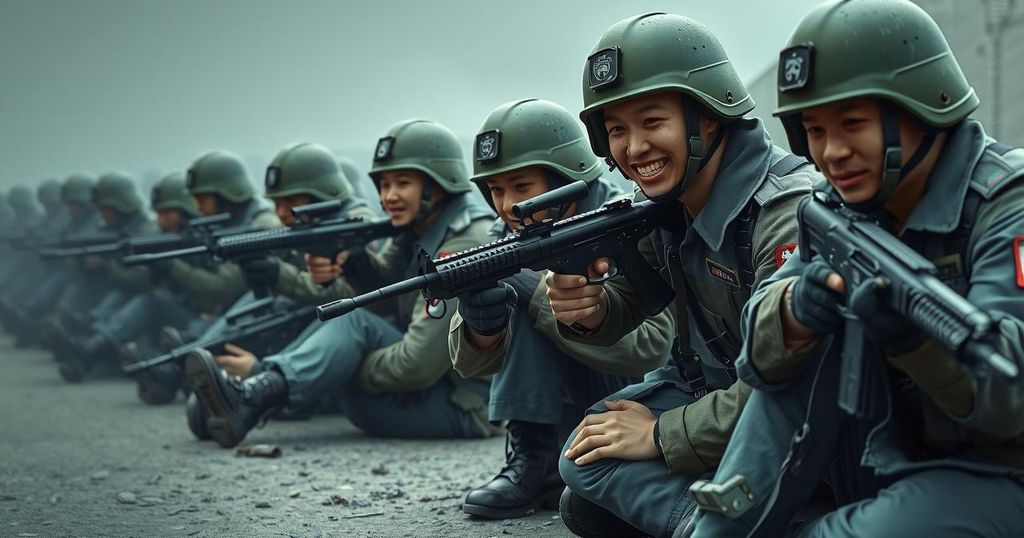North Korea’s Military Involvement in Ukraine: Implications for POWs and Defectors

North Korea’s acknowledgment of its military involvement in the Russia-Ukraine war does not change South Korea’s stance on accepting North Korean soldiers as prisoners of war. The South Korean government assures support for defectors, emphasizing international law regarding repatriation. The situation escalated with the capture of two North Korean soldiers by Ukraine, prompting renewed discussions about their treatment and possible defection.
Recent developments in the ongoing Russia-Ukraine conflict have turned the spotlight back on North Korea. The regime’s acknowledgment of its military involvement alongside Russia raises questions about the treatment of North Korean soldiers, particularly in regard to potential defections. Notably, South Korea has made it clear that it remains open to accepting North Korean soldiers as prisoners of war, irrespective of these new revelations, Yonhap reported.
Interestingly, there is speculation surrounding North Korea’s potential demand for the repatriation of its soldiers. As experts have suggested, the recent confirmation of military participation might lead North Korea to assert its claims stronger than before. Lee Jae-woong, spokesperson for South Korea’s Ministry of Foreign Affairs, emphasized that under international law, prisoners must not be sent back to countries where they might be persecuted. This is a crucial aspect of the Geneva Conventions.
Lee mentioned, “We have already communicated this position to the Ukrainian authorities and will continue the necessary consultations.” This statement illustrates South Korea’s commitment to provide support and protection to North Korean defectors willing to seek asylum.
The situation escalated on January 11, when Ukrainian forces captured two North Korean soldiers in the Kursk region. This marked a significant moment, as those soldiers are reportedly the first North Korean military personnel taken prisoner during the conflict, and they survived prior injuries. Communication challenges arose since the captured soldiers do not understand Ukrainian, English, or Russian, necessitating the use of Korean interpreters in conjunction with South Korean intelligence.
Just a few days later, on January 14, South Korea reiterated its readiness to accept North Korean soldiers if they express the desire to defect. The armed forces of North Korea had confirmed their involvement in the war back on April 28, highlighting the ongoing complexities within the region and the potential implications for international relations.
In summary, the evolving landscape of the Russia-Ukraine conflict continues to influence regional dynamics. South Korea’s stance on accepting North Korean soldiers seeking asylum indicates a nuanced approach to a complicated situation, as concerns about human rights and the treatment of prisoners linger prominently in the discourse around this issue.
These developments shed light on South Korea’s humanitarian approach towards North Korean soldiers amidst ongoing conflict. The response from South Korea underscores its commitment to uphold international law while navigating diplomatic tensions between the two Koreas and their allies. With North Korea’s military participation now confirmed, the potential consequences on prisoner exchanges and repatriation efforts could have far-reaching implications for future relations in the region.
Original Source: odessa-journal.com








